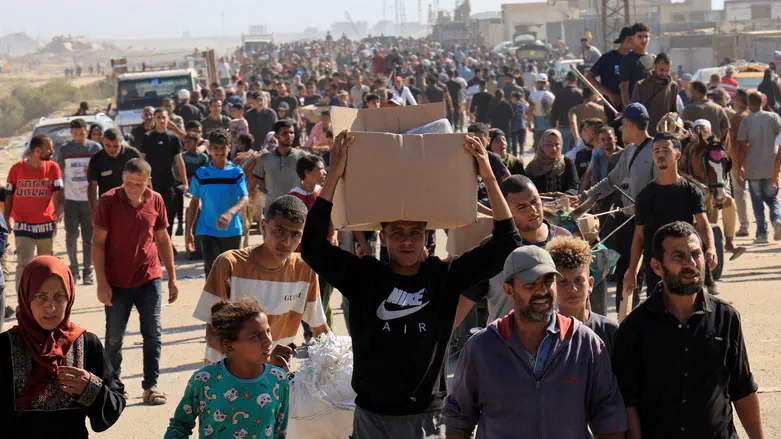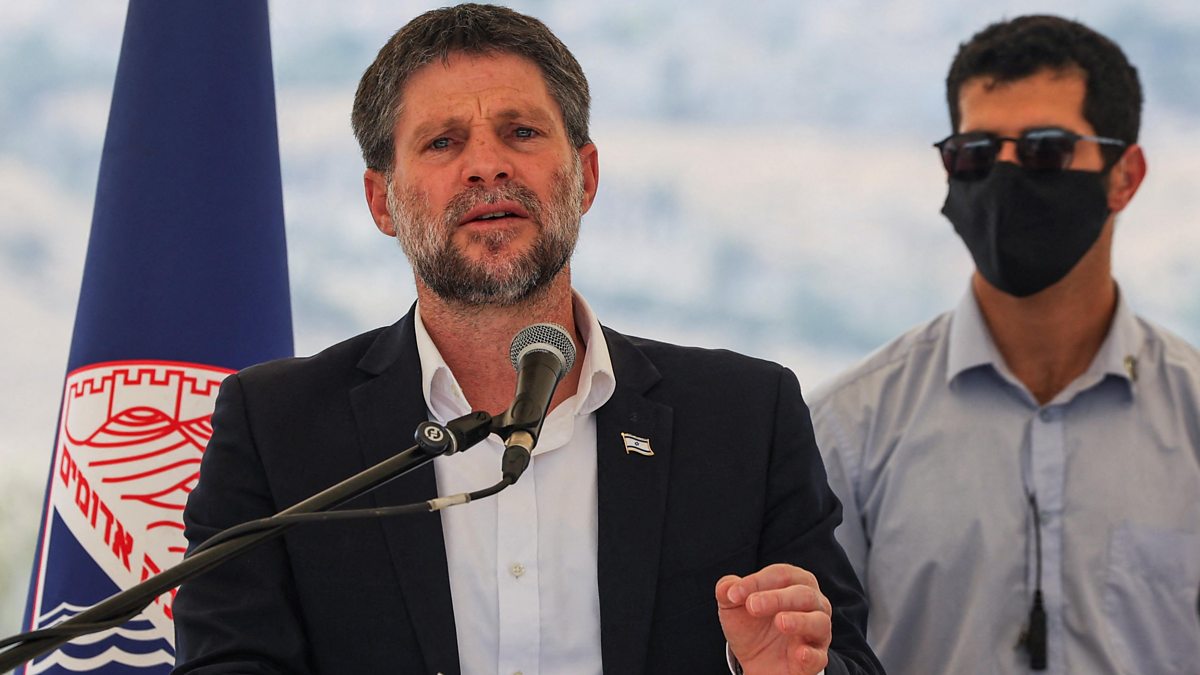Afghanistan enters its fifth year under Taliban rule, marked by the consolidation of power, strict enforcement of Islamic law, and the exclusion of women and girls from public life. The Taliban leadership, centered around Hibatullah Akhundzada, has sidelined internal rivals and maintained a tight grip on the country, despite some opposition within their ranks and ongoing dissent from the public. Internationally, the Taliban have begun to gain diplomatic recognition, most notably from Russia, while regional neighbors have adjusted to their presence, leading to a gradual normalization of relations.
Domestically, Afghanistan faces mounting challenges, including a growing population, climate change, and severe cuts to foreign aid, which threaten to deepen economic hardship and humanitarian crises. The reduction in aid and mass expulsions from neighboring countries have increased unemployment and strained resources, raising concerns about potential unrest. Despite the Taliban's insistence that women's rights are protected, many Afghan women continue to resist quietly, holding onto hope for change in the future.

 image sourced from original article at
image sourced from original article at 


